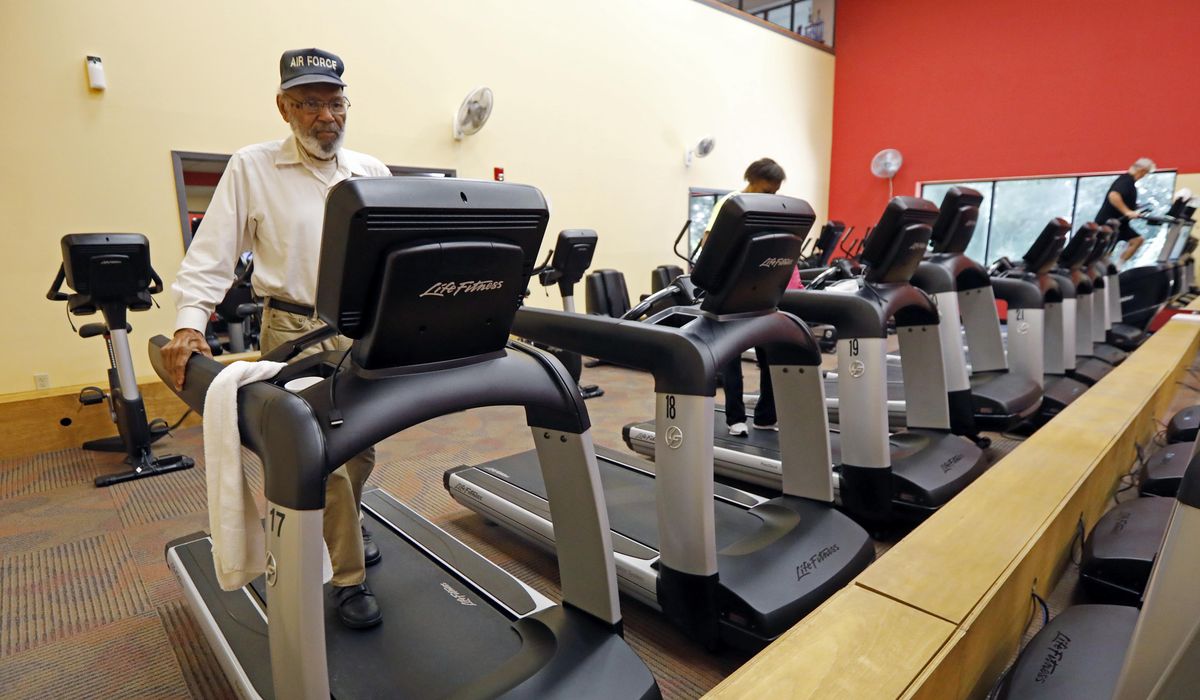


In the perennial quest for health and longevity, walking has long been touted as one of the simplest yet most effective exercises. But how many strides towards wellness do you need to take each day?
For years, the magic number has hovered around 10,000 steps. A recent in-depth study, however, not only reinforces the importance of this round number but also provides a bit of hope for those glued to their office chairs all day.
Researchers at the University of Sydney’s Charles Perkins Center have released new findings that may nudge people to go that extra mile — or rather, that additional step. Published after examining data from the extensive UK Biobank study, which included more than 72,000 participants, the research shows a significant trend: walking more leads to better health, and the benefits may be most noticeable for sedentary individuals.
“This is by no means a get out of jail card for people who are sedentary for excessive periods of time, however, it does hold an important public health message that all movement matters and that people can and should try to offset the health consequences of unavoidable sedentary time by upping their daily step count,” study lead author Dr. Matthew Ahmadi, a research fellow at the University of Sydney, said in a university release.
The study’s data comes from predominantly female volunteers averaging 61 years old, who wore accelerometers on their wrists to tally their daily movements. Over nearly seven years, researchers witnessed the tale told by the numbers. A total of 1,633 deaths and 6,190 cardiovascular events unfolded, but those with higher step counts generally escaped such fates more frequently.
“The act of walking seems so simple, yet our findings reveal a profound truth. With each step toward the landmark of 10,000 per day, we saw a 39% reduction in death risk and a 21% decrease in cardiovascular disease,” the scientists from the University of Sydney said in a statement.
While 10,000 steps a day remain aspirational for many, particularly for those caught up in a chair-bound lifestyle, the research points to the benefits of more achievable milestones: Roughly 4,000 to 4,500 steps can still lead to significant health benefits.
• Staff can be reached at 202-636-3000.
